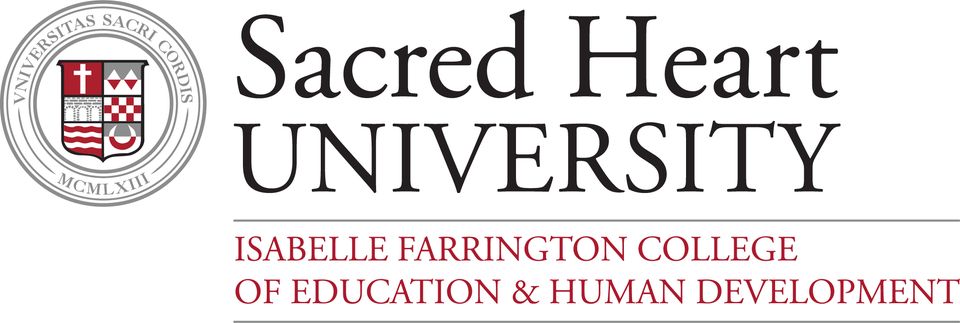Document Type
Conference Proceeding
Publication Date
11-21-2013
Abstract
Although course content at institutions of higher education is delivered through a variety of ways that include; online, blended, mobile learning, and others, the teaching methodology adopted by many senior faculty members has largely remained unchanged. Traditional teaching methodologies that are based on a cognitivist-oriented approach continue to serve as the foundation for structuring course content and assessing student achievement. Cognitivism includes the subcategories of multiple intelligences, brain-based learning, and learning styles. Through a cognitivist-orientated approach, faculty place greater emphasis on assessing a learner's knowledge, feelings, and creativity. However, in many instances processes such as memory, problem-solving, comprehension, and attention are also measured.
In contrast, the development of 21st century skills and understandings among online learners requires that faculty adopt a social-constructivist approach to teaching and learning. Constructivist theory is founded on the assertion that individuals construct new understandings by reflecting on prior knowledge and experience. A social-constructivist approach to teaching requires learners to actively seek knowledge, interpret information, and work collaboratively for the purpose of generating new knowledge.
Drawing on an understanding of the importance for situating educational learning outcomes within a socio-cultural context, this session presents research findings that support the continued development of a model taxonomy of educational objectives for the online learning environment. These research findings are based on an 8 year investigation that explored the use of the Blackboard Instructional Management System for delivering online graduate teacher education courses. Seven levels for the assessment of educational objectives were developed and are categorized according to the ways that adult learners assimilate information and communicate in an online learning environment.
This presentation offers practical recommendations for using the taxonomy as a framework to guide the development or revision of online courses. Methods for the development of benchmark assessments at each level in the taxonomy are included.
Recommended Citation
Bruciati, Antoinette. “A Model Taxonomy of Learning Objectives for the Online Learning Environment.” Sloan-C 19th Annual Sloan Consortium – International Conference on Online Learning November 2013, Lake Buena Vista FL, The Conference, 2013. ISBN 9781934505175 (online)



Comments
Presented at the 19th Annual Sloan Consortium International Conference on Online Learning November 2013, Lake Buena Vista Florida.
Link to presentation information: http://sloanconsortium.org/conference/2013/aln/model-taxonomy-educational-objectives-online-learning-environment